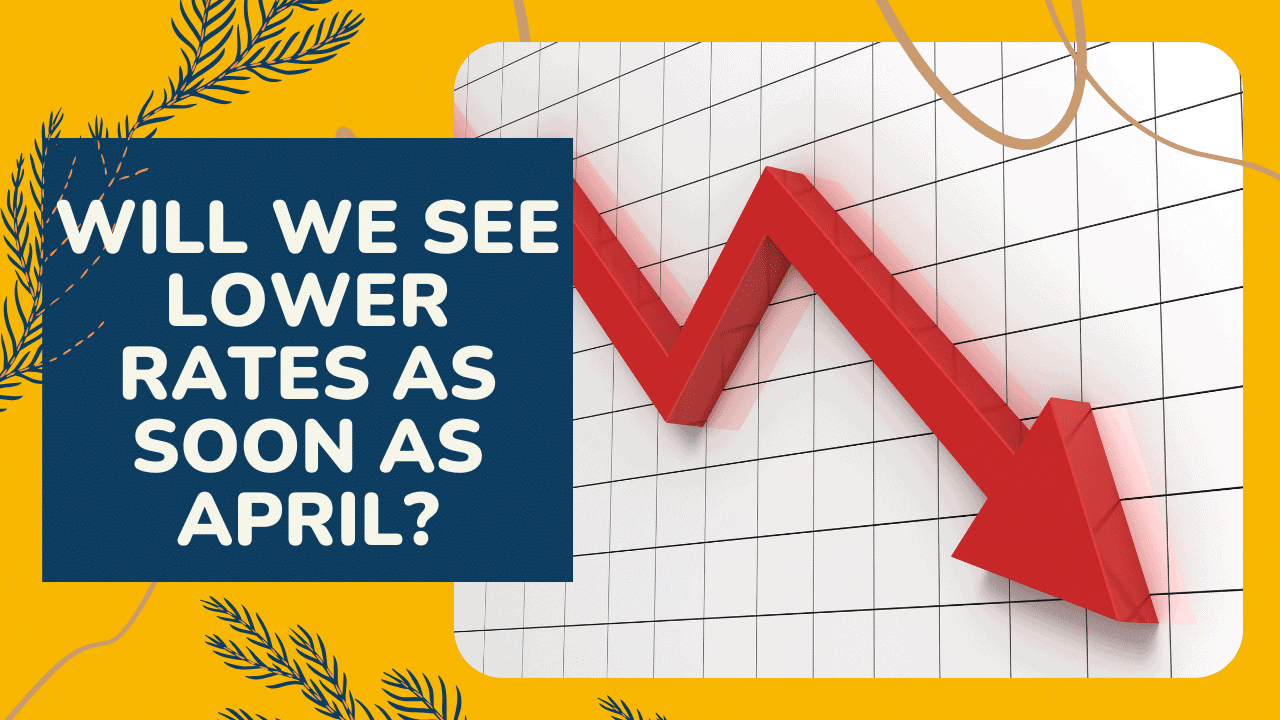Despite the Bank of Canada’s resistance to aggressive rate cut forecasts, the consensus among leading economists and analysts is leaning towards a reduction in rates beginning by April. This perspective is grounded in findings from the Bank of Canada’s latest quarterly Market Participants Survey, involving feedback from 30 prominent financial market players.
Survey Findings
According to the median outcomes of the survey, respondents anticipate the Bank of Canada will initiate a policy rate cut of 25 basis points in April, with a further reduction of 75 basis points by the end of December. This adjustment would lower the overnight target rate from 5.00% to 4.00%. Additionally, projections include a continuation of rate cuts into 2025, totaling a full percentage point, ultimately bringing the overnight rate down to 3.00%. These projections remain consistent with the Bank’s third-quarter survey results.
Bank of Canada’s Stance
In recent statements, Tiff Macklem, the Bank’s governor, highlighted that it’s premature to discuss easing monetary policy. Despite acknowledging the shift in deliberations towards the duration of maintaining the current restrictive stance, the Bank is cautious of reducing rates too soon, emphasizing the importance of completing efforts to reduce inflation.
Encouraging economic indicators, such as stronger-than-expected GDP growth, have alleviated some urgency for immediate rate cuts, allowing the Bank to concentrate on achieving its 2% inflation target.
Inflation and Economic Growth Expectations
Survey participants remain optimistic about reaching near-2% inflation later this year, with expectations of headline inflation decreasing to 2.3% by the end of 2024 and 2.1% in 2025. These figures are more optimistic than the Bank of Canada’s own predictions.
While the respondents’ expectations for economic growth align with the Bank’s forecasts, a downturn in the housing market, tighter financial conditions, and lower commodity prices are seen as significant risks to growth.
Imminent Recession in Canada’s Economy for 2024
Canada’s economy is on the brink of a recession in 2024, according to economists, with some believing the downturn has already begun. This anticipated recession is expected to aid the Bank of Canada in reducing inflation to its 2% target. Despite avoiding the technical definition of a recession thus far, economic growth has virtually halted, with the third quarter witnessing a decline in real GDP. Regions like Quebec have seen consecutive quarterly GDP declines, highlighting the uneven impact across the country.
Desjardins economists forecast a recession within the first half of the year, describing the anticipated downturn as short and shallow but broad-based, affecting consumption, investment, and trade. High interest rates are squeezing household budgets, leading to reduced spending and an expected rise in unemployment rates. However, factors such as record population growth and strong consumer durables sales have so far mitigated the impact of high interest rates on the economy.
Oxford Economics argues that Canada has already entered a recession, expecting a significant downturn as the effects of past interest rate hikes become fully realized. They predict a contraction in consumption and housing market weaknesses as major drivers of the downturn, with real GDP expected to decline in the coming quarters. This downturn is anticipated to ease price pressures and align inflation with the Bank of Canada’s 2% target by late 2024.
Conclusion with Additional Insights
As the Bank of Canada navigates the complexities of monetary policy amidst fluctuating economic indicators, the anticipation of rate cuts remains a topic of significant debate among market participants. While the consensus leans towards a commencement of easing by April, Josh Tagg cautions against taking these predictions at face value, suggesting that the actual timeline may extend as far as June. “The market often misjudges the timing of such economic adjustments,” Tagg observes, highlighting the inherent unpredictability of financial markets. This perspective serves as a reminder of the uncertainties that lie ahead, suggesting that while the Bank’s efforts to steer the economy towards stability and lower inflation are clear, the path to achieving these goals






0 Comments